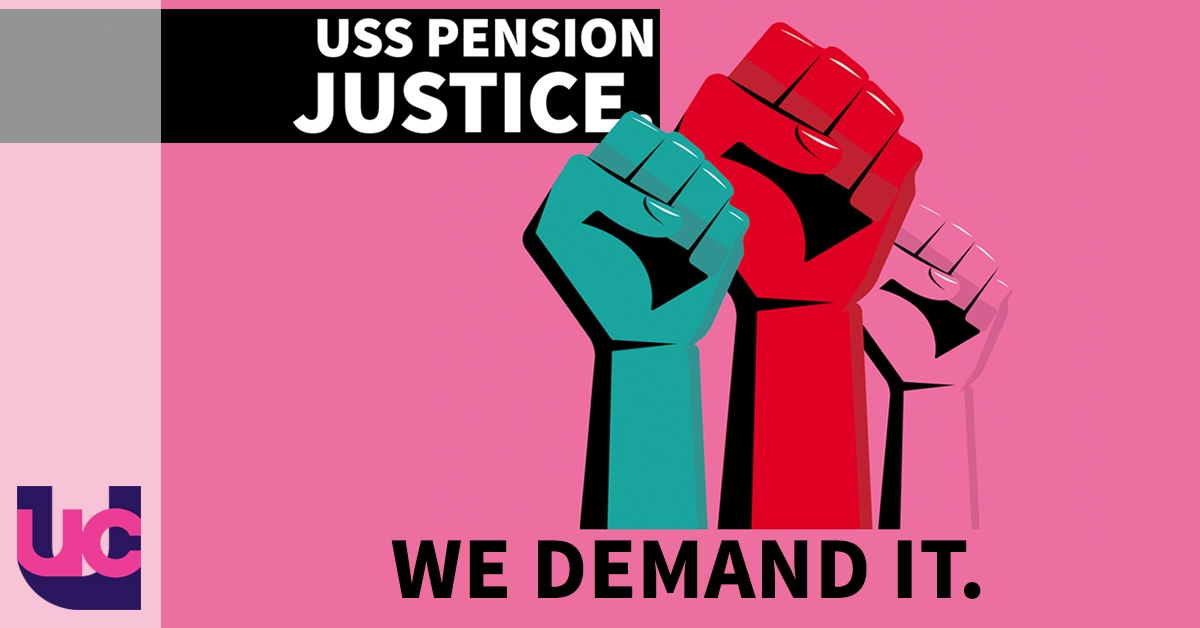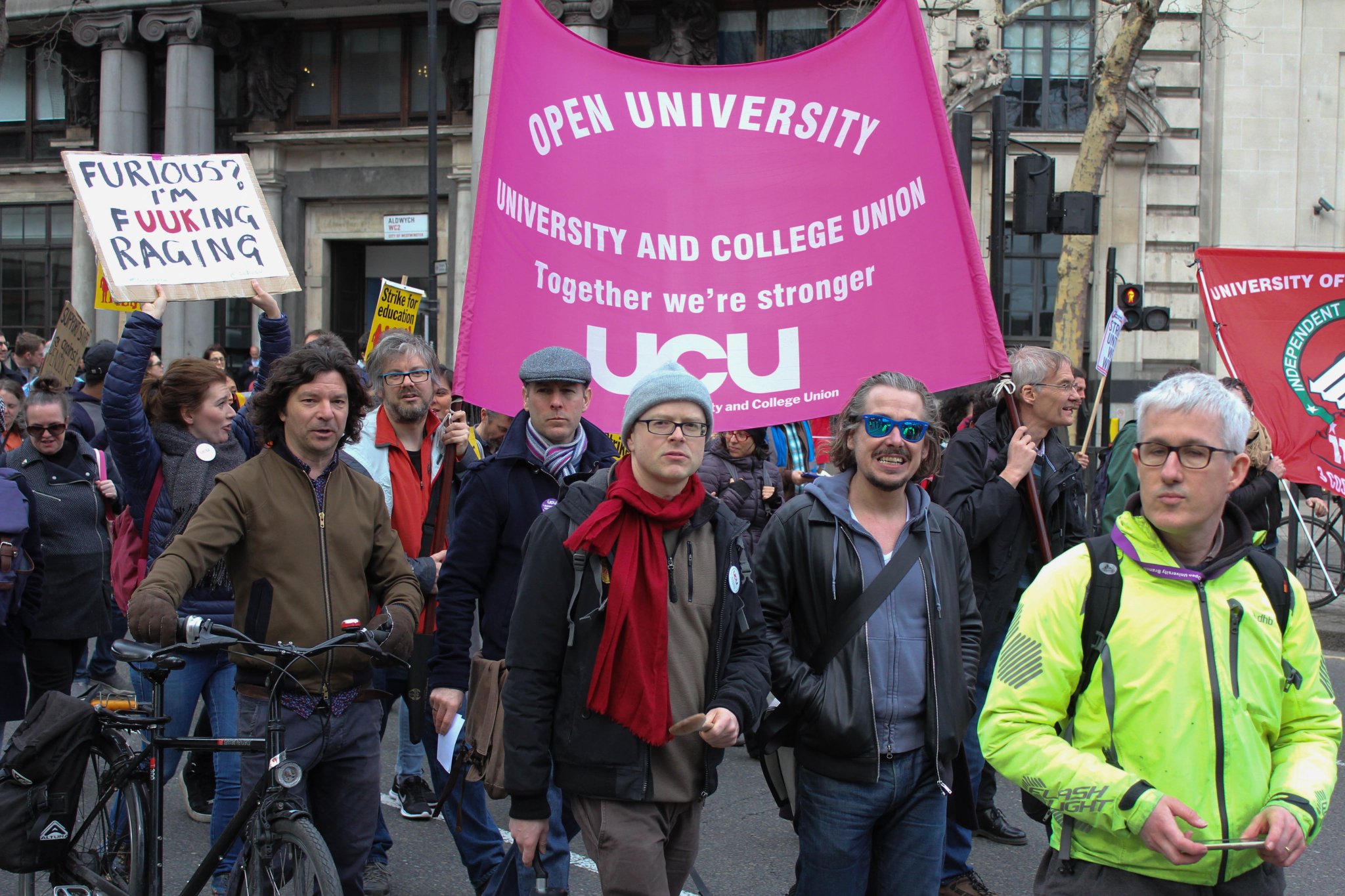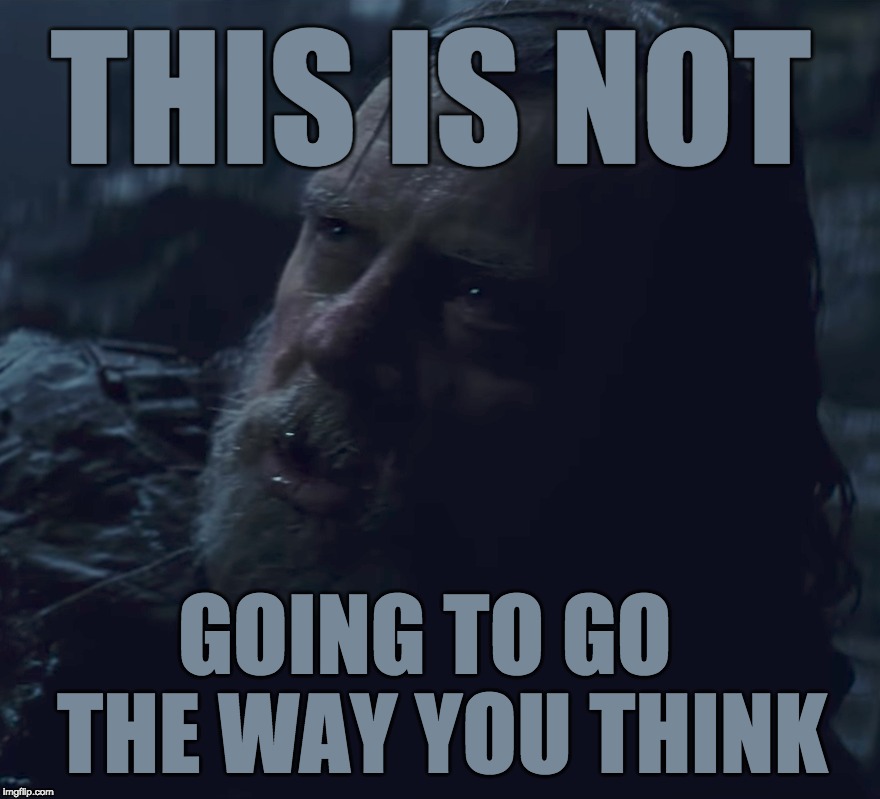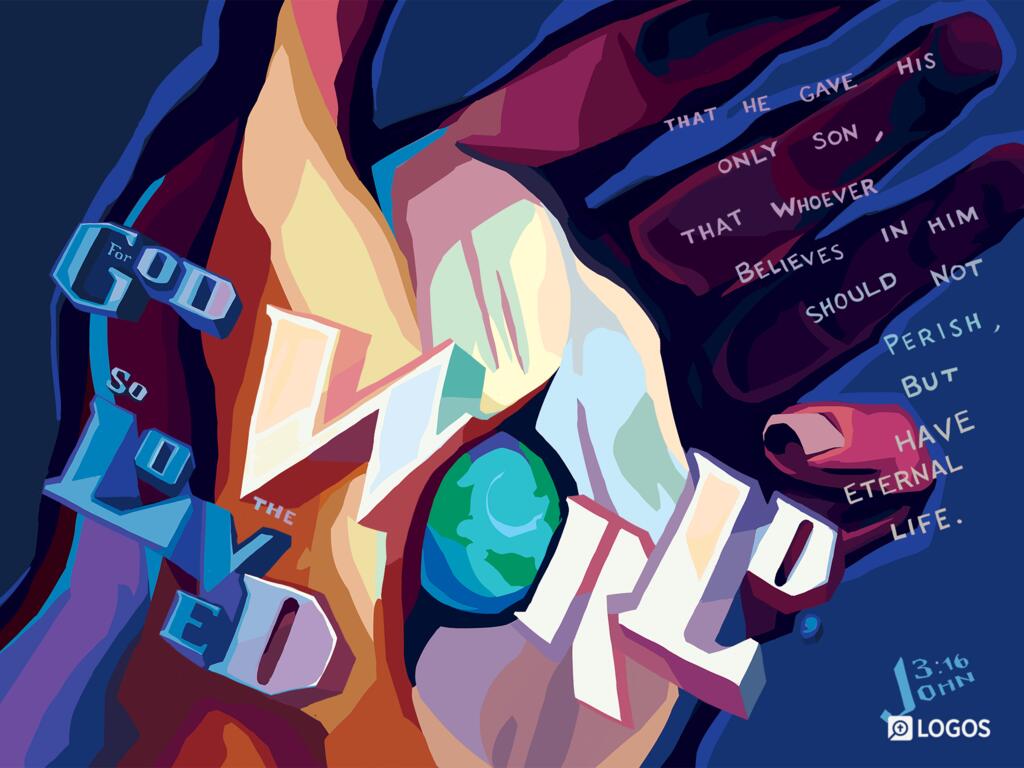 |
| Image: Rev Andy Stoddard |
Movie writers sometimes talk about a backstory. Behind the hero, there’s some kind of past history which can floor them completely and makes them unable to function. Perhaps it’s an undisclosed secret. We watched the movie of Les Miserables the other day, and you learn near the end that the former convict Jean Valjean has never told his adopted daughter Cosette about his past, for fear she’ll reject him. Or perhaps it’s an object that renders you powerless, like the way Superman is unable to function in the presence of the element Kryptonite. But for many people, it’s to do with past relationships. The people we used to know years ago can have a hold on us, and their over-familiarity, or their belittling, or their contempt, can reduce us as a person, and make us quite unable to be the selves we’ve become. This is why school reunions aren’t always a great idea.
Because people change over time. I’m quite different from the person I was before I became a parent, or before I got married, or before I started work at the Open University. It’s not just that I’m older. I may or may not be wiser. But I’ve gained skills, I’ve gained experience, I’ve seen and done things, and I’ve matured as a person. The same is true for all of us. If someone from your distant past comes along and expects you to be the same, or judges you according to the things they knew from those days, then not only will they be wrong, but they could well do you damage in the process.
And so it is for Jesus. He returns to Nazareth, where he grew up, and people don’t see the healer and the preacher, the one who has been wowing the crowds around Galilee. And they begin muttering about him.
“I’ve always thought there was something a bit odd about him.”
“He’s not properly educated, just some labourer.”
“And what about that story about his birth? OK he’s Mary’s son but nobody ever worked out who his father was”
“Plus he left his mother and sisters at home to be looked after by his little brothers, while he went waltzing around with weirdos.”
 |
| Image: Cerezo Barredo |
No welcome with open arms for Jesus. When he later told his parable about the prodigal son, perhaps he remembered this moment – but there was no fatted calf in his story. Instead: demeaning language, belittling him and his background. Sounds horrible. No wonder he couldn’t do any deeds of power there in Nazareth.
Now you might think, well he’s ok, he has his friends. There are plenty of people rejected by family and their past associations who find a new life with a set of friends instead. Except Jesus never quite does what you expect, and as soon as he’s been rejected in his hometown, he sends them all away to get preaching.
Except of course he sends them away with a purpose – to start to preach the gospel. He sends them off with a mission, to preach repentance and to heal those who were sick. Notice these two emphases fit closely with what Jesus has been calling for throughout the gospel to that point. The first five chapters of Mark are full of healings – a leper, a paralysed man, someone with a withered hand, a man with a severe mental condition, a child who had died, a woman who suffered years of haemorrhages. We’re told that he healed many more, but these are told as stories. These healings are interesting. They are all people whose conditions cut them off from society, which made them unable to care for themselves or made them outcasts, unclean and unfit to associate with devout Jews. So Jesus healing these people was not just a kind deed. It was a set of actions which challenged oppression, which challenged marginalisation, one person at a time.
But Jesus went further than this. His first recorded words in the gospel of Mark are “The time is fulfilled, and the kingdom of God has come near; repent, and believe in the good news”. In our time, the idea of repentance and good news are often tied up with a post-Easter vision of the crucified and resurrected Jesus. But the good news Jesus was talking about was a different sort. And it had to do with repentance, the key to Jesus’ preaching and the command he gave to the disciples.
 |
| Image: Kimberley D. Reisman |
| Image: Rabbi Rachel Barenblat |
So a proclamation that people should repent, and an offer to cure them of their sicknesses – those are radical ideas for Jesus to be sending out his disciples to fulfil. This story in Mark has parallel versions in the gospels of Luke and Matthew. In Luke’s gospel, Jesus preaches in the synagogue at Nazareth, and he quotes from the prophet Isaiah. He speaks words there that have been described as the Nazareth Manifesto, the foundation of Jesus’ commandments to his disciples then and now. They read:
“The Spirit of the Lord is on me, because he has anointed me to proclaim good news to the poor. He has sent me to proclaim freedom for the prisoners and recovery of sight for the blind, to set the oppressed free, to proclaim the year of the Lord’s favour.”
And in case there’s any doubt, Jesus says plainly that these words are fulfilled today in the hearing of the people in Nazareth. That’s what repentance is about. That’s what the healing he conducts in Mark is about – proclaiming good news to the poor and setting the oppressed free. It’s not about just about individual healing. It’s about healing society. It’s about radical social change.
Repent, and put your faith in the power of God to change the world, and you will be healed.
There’s a further challenge in the way he tells the disciples to go out. Travelling preachers weren’t uncommon in Jesus’ day, but they went equipped – spare clothes, food, money. The disciples aren’t to do that. They’re to accept hospitality wherever they can. That has its own challenge. Because leaders are supposed to be givers, not receivers. But part of the upside-down kingdom of God is being willing to receive when something is freely offered, no matter how meagre. It’s not about getting rich on others’ giving – Jesus says his disciples were to stay in the first house they entered, not to go climbing up the social hierarchy of a town. There are no private jets here for the followers of Jesus. This kind of simplicity reminds me of the Franciscans, travelling people in simple robes who accepted the hospitality they were given. And St Francis emphasised the value of action in addition to words, saying that “The deeds you do may be the only sermon some persons will hear today”.
Jesus has been rejected by his family and those he grew up with. He’s lacking in authority in Nazareth. But he has great authority in himself, and he passes on that authority to the disciples.
Yet the rejection Jesus received from his family was similar to the rejection the disciples would receive from society. Yes, they healed and they preached. They spread the good news of the kingdom, and they transformed through their lives, and they slowly built up followers of Jesus, especially after his death. But within a fairly short time, all of the twelve sent out by Jesus would be killed for their teaching and their actions, for the challenge they posed to Roman domination. And Jesus’ followers continue to be persecuted for their faith, from the Christians thrown to the lions, to Martin Luther King shot down for preaching equality and justice. They are persecuted by their own, like the singer Vicky Beeching who was the darling of the evangelical church and then ostracised when she came out as a lesbian. And yet, as Ezekiel was promised by God for his own preaching, “whether they hear or refuse to hear (for they are a rebellious house) they shall know that there has been a prophet among them”.
Because it was the sending out of those twelve disciples that began the slow road towards the establishment of the church, towards the spreading of Jesus’ message throughout the world. And it’s through that message that the gospel is spread today.
The world needs repentance today as much it did 2000 years ago. People today need healing as much as they did 2000 years ago. And the pattern established for the twelve is a pattern for us today. We are called to walk the way of Jesus today. We are called as followers of Jesus to urge others to repentance, to cast off the power structures of this world, to become lovers of justice, to show the power of God through the way we live our lives. We are called to heal others in whatever ways we have power to do so, but also to heal society in whatever ways we have power to do so. We might not have to wander the streets to do so, but we can preach the gospel of love in the places we find ourselves daily, in the places we are sent when Jesus calls us to go. We might face rejection, but we will be acting in the authority of Jesus. And we will play a part in bringing about the kingdom of God.
Amen.











